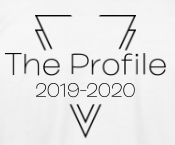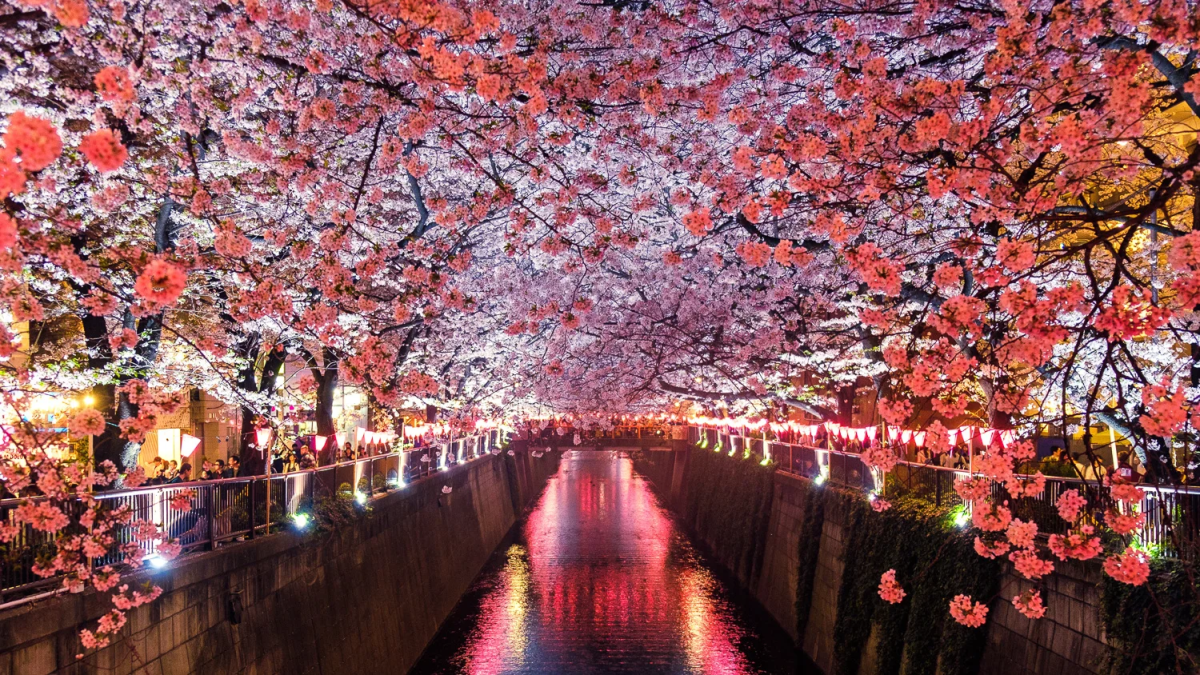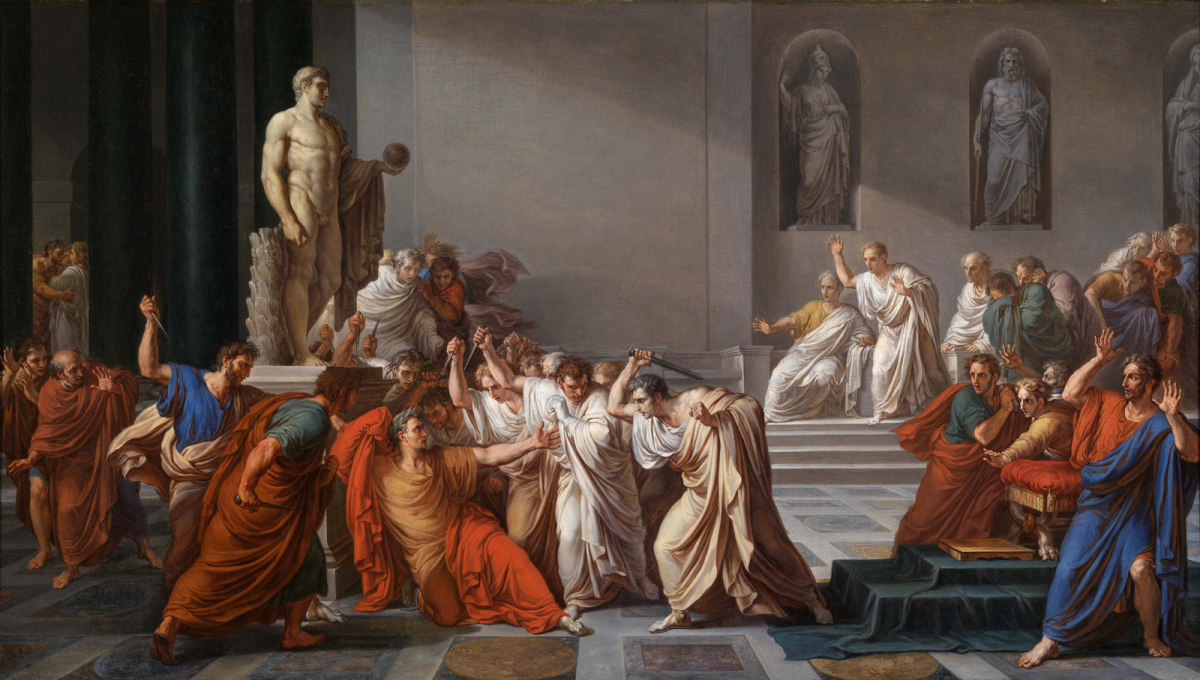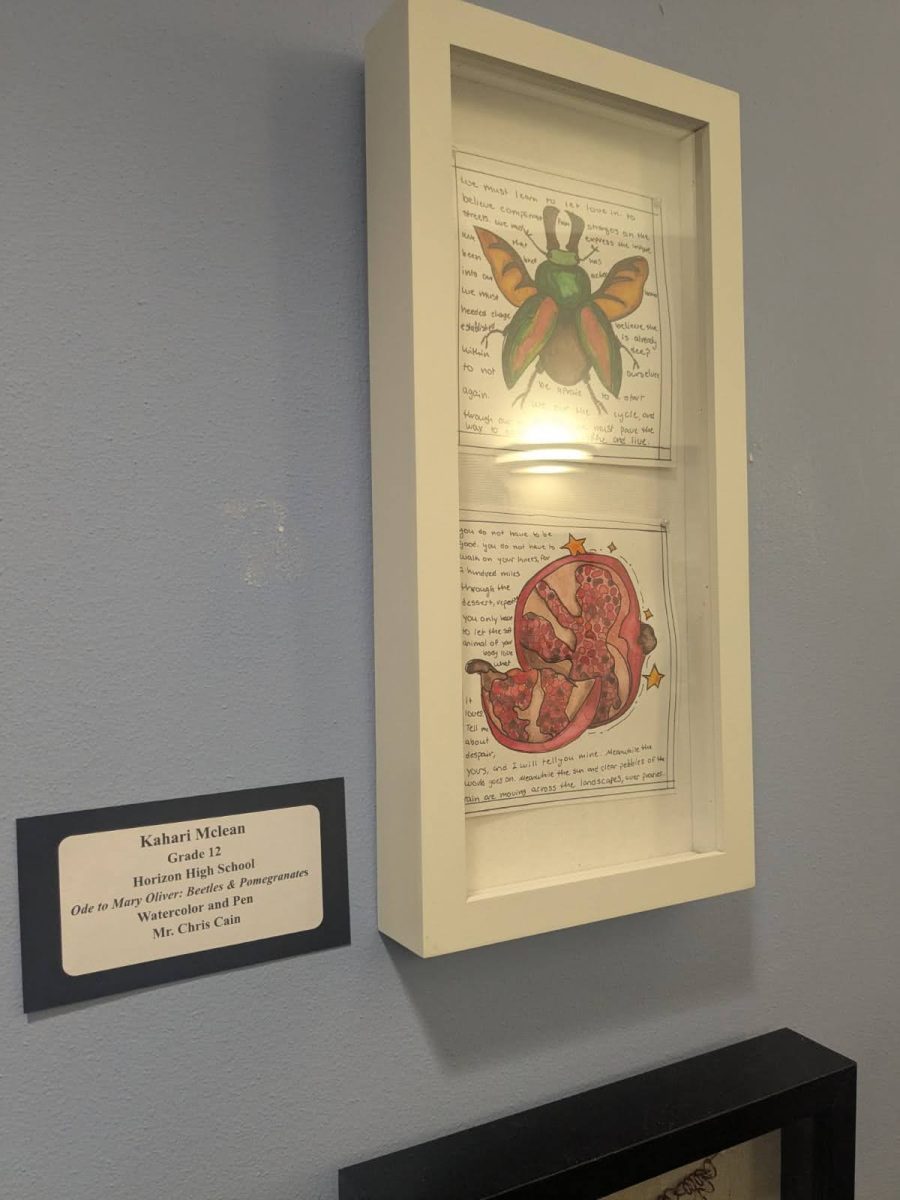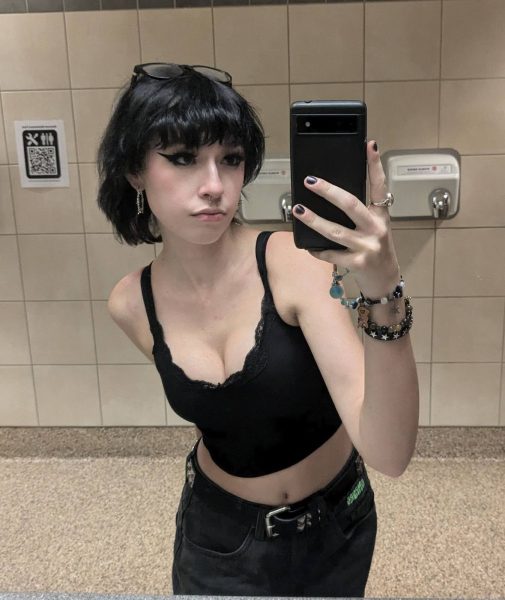(Photo)
In a world with vast pop culture and a constantly changing music industry, it’s easy for an artist to suddenly skyrocket and hit rock bottom in a matter of months. Musicians within the past 20 years have been experiencing stardom in a new never seen before way. With the great technological advancements within the past years. Fans are now able to become even more closely tied to their favorite artists. It’s quite common to see ‘super-fans’ of artist forming parasocial relationships with their new celebrity obsession. Of course there’s nothing wrong with showing love and support to your favorite musician. But now a days the line between admiration and obsession has become a fine line. This line is often found being crossed when it comes to up and coming female musicians. While this boost of too far love for celebrities isn’t new, it’s seem to found a new way of presenting itself in recent years.
An iconic artist who has fell victim to the pressures of stardom is Fiona Apple. Apple released her debut album “Tidal” in 1996, at the young age of 19. From the start, Fiona had no real want for celebrity status. Fiona would often talk about more controversial topics that became a shock factor to her status. Unlike other celebrities at the time, Fiona was open about her mental health struggles, distaste towards celebrities and celebrity events, and more. Fiona Apple spoke with Chris Heathen on the Rolling Stone in 1998. In the Rolling Stone Magazine interview, taking place in Fiona’s hotel room, Chris explains her set-up in the hotel.
“Two candles have been carefully placed at either end of a diagonal across the room. She is particular about these things. Often she has to change hotel rooms because the rug is the wrong color, or the bed is too close to the door and she’ll feel as though someone might come in and suffocate her.” Fiona Apple’s controversial appeal to fans and critics, described as “a precious, calculating prodigy or an unbalanced, ungrateful freak.” says Chris Heathen.
A very popular name at the moment would be Chappell Roan. While Roan has been making music for quite a while (since around 2017), her music stayed quite secluded until mid February of this year. From February 23rd to April 2nd, Chappell Roan was the opening act to Olivia Rodgrigo’s “GUTS” World Tour. Around this time Chappell went from less than 2.5 million streams to close to 15 million in less than 3 months. From there Chappell Roan’s streams continued to surge with the drop of her single “Good Luck, Babe!”. Following her new song, her streams grew to a peak of 68.4 million streams, alongside this massive growth, Chappell began to sell out massive music festivals/events. Such as Coachella, Boston Calling and Gov. Ball, to name a few. While on paper this sudden burst of fame seems like a much deserved break into the real music industry for Roan, her perspective is much different. Alongside Chappell’s new found fandom came many fans tittering a fine line of admiration and obsession. Chappell Roan recently went on TikToker Drew Afualo’s podcast “The Comment Section with Drew Afualo”. On the podcast episode titled, “I MISS FROlCKING ft. Chappell Roan”, aired July 17th, Chappell explains her end of her new found fame.
Roan says “People start to be freaks..like follow me. And like follow like, like know where my parents live and like my sister, where’s my sister work.” Chappell follows up by saying, “This is the time a few years ago that I said if stalker vibes, like family was in danger, I would quit.” Chappell continues to explain that she’ll continue to take a backseat to her music career (not releasing more music, and wrap up her current tour), until fans can be more respectful of her boundaries.
Both of these iconic female artists have much in common, but most memorably to these women is their struggle with sudden stardom. A reoccurring theme with independent female artists in our music culture is putting female artists on a untouchable pedestal, and then in a matter of mere seconds, tear them down as fast as they appeared. The most frustrating about this, in my opinion, is the pattern of seemingly unachievable standards for female artists. Where these same expectations are no where to be found for their male counterparts. All in all it’s completely understandable that these artists routinely vanish from the internet or suffer breakdowns, which in turn tarnishes their reputation and career. What I ask readers to take away from this piece is to be mindful, your favorite celebrity has their own life and struggle outside the persona they show their audience. At the end of the day, big or small, we are all people experiencing our on way of life. Everyone deserves some leeway every now and then.

